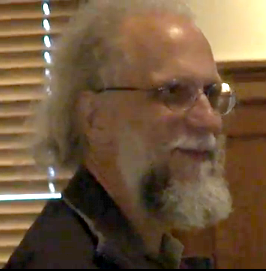They have a facebook page.Friends of Valdosta City Schools, Inc.
P.O. Box 5514
Valdosta, Georgia 31602
allen306@bellsouth.net
(229) 244-8268
Sam Allen, Chairman
Valdosta City Schools Superintendent EmeritusPUBLIC SERVICE ANNOUNCEMENT
June 30, 2011Press Release:
Friends of Valdosta City Schools, Inc. (FVCS) will be holding a Press Conference on the steps of Valdosta City Hall (216 E. Central Ave) at 10:00 AM on Thursday, July 7, 2011 to formally announce its opposition to the current effort by the “Community Unification for Educational Excellence” (CUEE) group to Consolidate the Valdosta City School System with Lowndes County School System. We are inviting all citizens of both Valdosta and Lowndes County who support the opposition of Unification/Consolidation of the school systems.Sam Allen, Chairman
229-244-8268
While I think FVCS is making one of CUEE’s mistakes in thinking this is all about Valdosta, FVCS’s event is something I can get behind. Maybe FVCS will even come out with what they are for.
-jsq



 For a year I’ve been asking for a list of jobs attracted by the
Authority. We welcome your marketing expertise so we’ll know
the Authority’s successes!
For a year I’ve been asking for a list of jobs attracted by the
Authority. We welcome your marketing expertise so we’ll know
the Authority’s successes!




